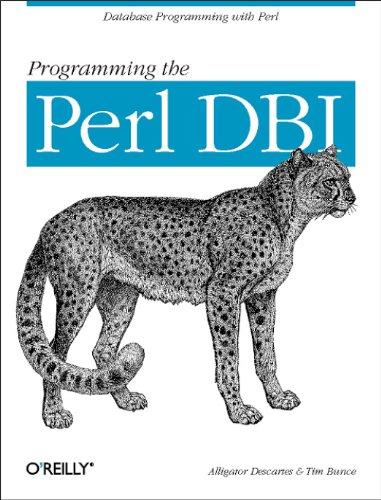Question
#include #include #include #include struct {int balance[2];} Bank={{100,100}}; //global variable defined void* MakeTransactions() { //routine for thread execution int i, j, tmp1, tmp2, rint; double
#include
#include
#include
#include
struct {int balance[2];} Bank={{100,100}}; //global variable defined
void* MakeTransactions() { //routine for thread execution
int i, j, tmp1, tmp2, rint; double dummy;
for (i=0; i < 100; i++) {
rint = (rand()%30)-15;
if (((tmp1=Bank.balance[0])+rint)>=0 && ((tmp2=Bank.balance[1])-rint)>=0) { Bank.balance[0] = tmp1 + rint;
for (j=0; j < rint*1000; j++) {dummy=2.345*8.765/1.234;} // spend time on purpose
Bank.balance[1] = tmp2 - rint; }
}
return NULL;
}
int main(int argc, char **argv) {
int i; void* voidptr=NULL; pthread_t tid[2];
srand(getpid());
printf("Init balances A:%d + B:%d ==> %d! ", Bank.balance[0],Bank.balance[1],Bank.balance[0]+Bank.balance[1]);
for (i=0; i<2; i++) if (pthread_create(&tid[i],NULL,MakeTransactions, NULL)) { perror("Error in thread creating "); return(1); }
for (i=0; i<2; i++) if (pthread_join(tid[i], (void*)&voidptr)) {
perror("Error in thread joining "); return(1);}
printf("Let's check the balances A:%d + B:%d ==> %d ?= 200 ", Bank.balance[0],Bank.balance[1],Bank.balance[0]+Bank.balance[1]);
return 0;
}
1.Use thread library calls (mutex lock and unlock) to modify the code to remove any potential race conditions. Show your modification of the code and explain the outcome with your modification
Step by Step Solution
There are 3 Steps involved in it
Step: 1

Get Instant Access to Expert-Tailored Solutions
See step-by-step solutions with expert insights and AI powered tools for academic success
Step: 2

Step: 3

Ace Your Homework with AI
Get the answers you need in no time with our AI-driven, step-by-step assistance
Get Started


